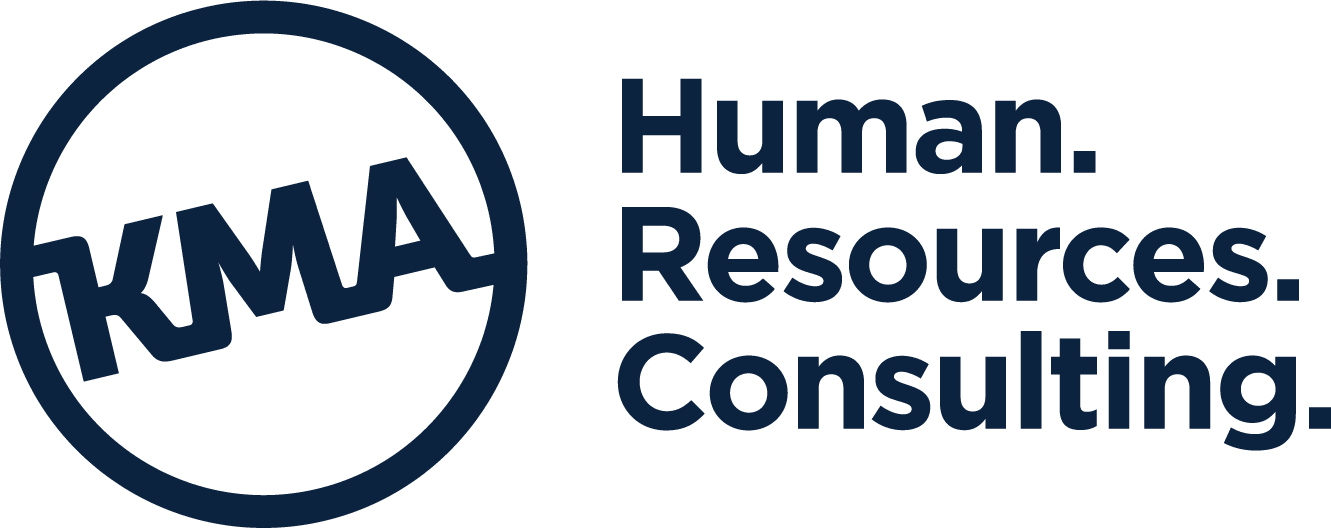

Bringing on a good hire is one of the most important investments a company can make. In today’s challenging recruitment environment, it’s critical that you have a good process to evaluate candidates, and for them to evaluate you.
We always advise our clients that the interview process is a direct reflection of your company. When candidates have a positive interview experience, they are likely to speak highly of the company to their friends and co-workers. If the experience is negative, you can count on the word getting out about what went wrong, harming your company’s reputation and brand, and ultimately making it more challenging for you to attract candidates to your workplace.
A strong interview process will help you recognize that even if a candidate isn’t a good fit for the role they’ve interviewed for, they may be a perfect fit for a future role. In today’s competitive market, it’s important keep the door open so that candidates remain responsive to a future opportunity.
In this two-part article, we share what a professionally designed interview process, developed by recruiting experts, looks like. Part One includes advice on preparing for the interview, developing a blueprint for the interview process, and creating a positive experience for candidates. Part Two will cover customizing the interview, the value of behavior-based questions, bias awareness, and what not to ask in the interview.
Preparing for the Interview
The job description is the first place to start as you prepare to interview candidates. Designing your interview around the key responsibilities and qualifications for the role supports an objective evaluation of candidates and their ability to do the job. In addition, it’s important to be able to describe what success in the role will look like in 3, 6 and 12 months. You also need to understand what it takes to be successful in your company, but not in a way that excludes people. Think about ‘culture-add’ vs. ‘culture-fit’ to explore how candidates can bring diverse perspectives and ideas and can interpret your core values in a way that empowers growth and success.
Develop your candidate evaluation form before you start the interview process, and ensure that all interviewers understand the evaluation criteria. This will help them rate job-specific criteria in an objective and consistent manner.
A Blueprint for the Interview Process
It’s impossible to predict any candidate’s future job performance with 100% certainty, but by adding structure to the interview process you can increase your chances of identifying the right candidate for your job. As you consider your format and timeline, remember that having a process that involves the right players at the right time — and respects the candidate’s time — is critical in today’s competitive job market.
- Interview Format: Determine how many rounds of interviews you will do and who will be involved. The number of interviews required will vary depending on the position, but two to three is typical. An initial phone/video screening call is a good way to get an early read of a candidate’s background and experience, and also answer any questions they may have about the role. Initial screenings are usually done by HR or the hiring manager. The next round(s) should delve further into the candidate’s specific experience related to the role, and provide the opportunity for the hiring manager and key stakeholders to meet the candidate either in person or via video call. Again, it’s important to allow time for the candidate to ask questions so that they can assess the organization and whether the position aligns with their career goals.
- Hands-On Exercises: For some positions, you may ask finalists to complete a hands-on exercise, provide a writing sample, or make a presentation. This can be a great way to assess skills or determine mastery of a specific area. But it’s important that these exercises are relevant to the evaluation process and don’t demand too much of the candidate’s time.
- Company Culture: Be prepared to talk about your company’s story and culture during the interview. Describe what makes it special, and also make sure the candidate comes away with an accurate understanding of the department culture and team dynamics. If the position is not a remote position, provide a tour so that the candidate can get a sense of the facilities and the energy of your employees. No company is perfect, so be honest about your challenges and don’t gloss over issues that they may encounter in the role. The interview is an important way to evaluate if they will be successful in dealing with those issues.
Create A Positive Candidate Experience
In today’s competitive candidate market, it’s critical that candidates have a positive interview experience so that, even if they don’t get the position, they will speak highly of you and will be open to your outreach if they are suited to a position in the future.
- Communication: One of the most important elements of creating a positive experience is communication. Keep the candidate informed throughout the process about timing, who they will be meeting with (names, titles, LinkedIn profile), when and where they will be meeting, etc. Make sure that you let candidates know how long they should allow for their interview(s) so that they can plan accordingly. And keep them apprised of their status. If a decision is getting delayed, let them know that.
- Comfort: Make the candidate feel comfortable throughout the process to elicit more honest and genuine answers. Be warm and inviting and have a comfortable, private setting for the interview. Don’t ask quirky questions that are intended to throw a candidate off guard. Reassure the candidate of the confidentiality of the interview process, and honor that confidentiality.
- Respect: Candidates are devoting time and energy to the interview process and are often navigating interviews while they’re working full time, so it’s important to respect their time. Make sure that your interviews are designed to get the information you need to evaluate a candidate as quickly as possible. Avoid calling candidates back for multiple interviews where they are asked the same questions by different interviewers. Start and end your interviews on time. And follow up with candidates who have interviewed with you and were not selected. If a candidate has gone through a couple of rounds of interviews, they deserve a phone call to update them on the status and let them know they were not selected.
By following these recommendations, you will set the foundation for identifying the best candidates for your company and job opportunity, and will guide top candidates through the entire process in the most professional, respectful and productive way. Stay tuned for Part Two in this series, and please reach out to the expert recruiters at KMA for help filling your job openings.
